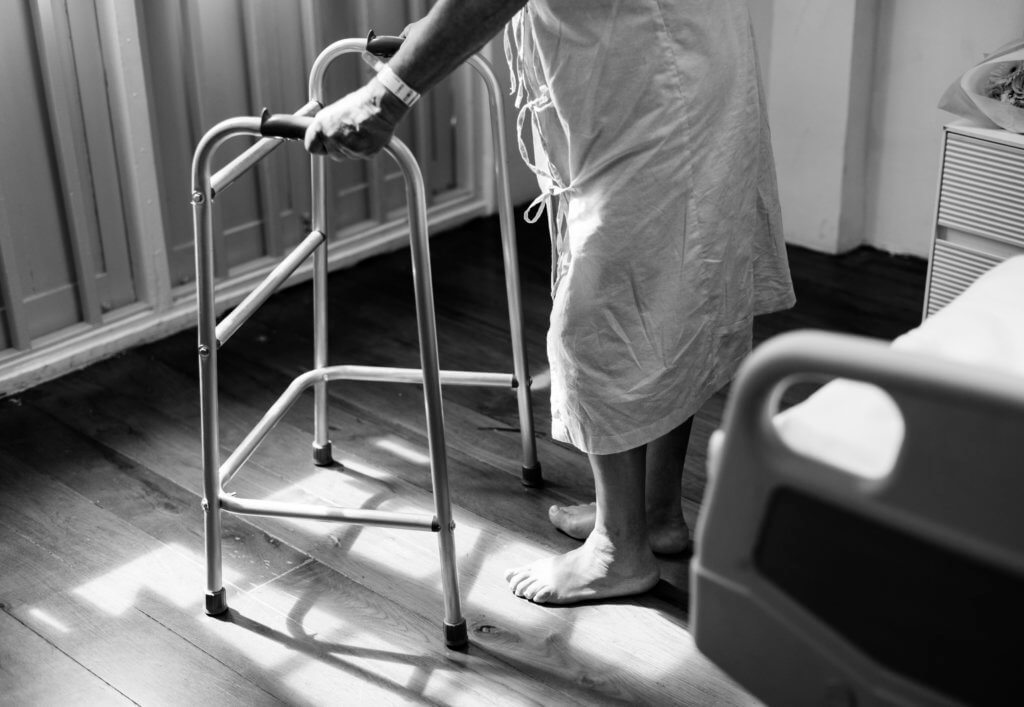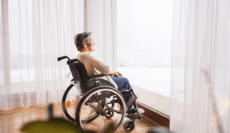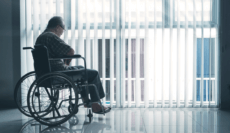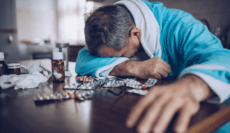Nursing home abuse
Are Nursing Homes Responsible for Wrongful Deaths?

Nursing homes are care facilities thought to provide quality care and compassion to residents, many of which are elderly or disabled. During the unprecedented current pandemic, it is more important now than ever to deliver quality care to nursing home residents at an increased risk of contracting deadly illnesses due to underlying health conditions. Nursing homes who continue to practice inadequate care and below average health standards are not only breaking the law, but they are also knowingly putting their residents’ lives at risk, which can sadly result in a wrongful death.
Under Pennsylvania law, wrongful death is defined as a wrongful act, form of neglect, or an act of unlawful violence or negligence that results in an individual’s death. Loved ones of victims may file a wrongful death claim for damages associated with the death, such as hospital bills and funeral expenses. Wrongful death claims can be filed on the behalf of the victim by their surviving spouse, children, or parents. If the victim does not have an eligible beneficiary, a representative of the estate may file a claim for damages.
Responsibility to Residents
Nursing homes are sadly notorious for taking advantage of residents due to their inability to speak out against elder abuse and neglect. While physical, emotional, and verbal abuse is unfortunately prevalent throughout long term care facilities, negligence also factors into a claim of nursing home abuse.
Vulnerable residents require specialized quality care year-round and this is even more exaggerated during a global health crisis. Nursing homes knowingly put vulnerable residents at risk when health and safety standards are not practiced or upheld, including with regard to both staff and visitors. Staff interacting with residents should practice personal hygiene before and after interacting with each resident, as well as don the proper personal protective equipment to mitigate the spread of infection and illness. If healthcare workers are careless, a nursing home can act as an incubator for infection, passing germs around the facility in a vicious cycle.
Residents rely on nursing home staff and doctors to monitor their health and make adjustments accordingly. If a resident suddenly becomes ill or their condition worsens during a lapse in attention, their ailment could become fatal due to the lack of a proper and timely response from the staff. The Centers for Disease Control and Prevention (CDC) recommends nursing homes and other long-term care facilities isolate infected residents during an outbreak in addition to restricting visitation, increasing the use of PPE, and strengthening hygiene standards. Workers must quickly assess and treat any signs of illness in a resident in order to slow the spread of infection.
Nursing Home Abuse Attorneys
Vulnerable residents are at a disadvantage fighting infections, and they depend on nursing homes to keep their wellbeing in mind, especially during public health crises. Nursing home facilities that put residents at risk for contracting an infection and/or worsening a current illness due to added infection can be held accountable for the damage they cause.
Residents should not have to remind nursing home staff to do something as simple as wash their hands or check in on residents. These daily duties should be performed by staff to keep residents healthy and comfortable, and are life-saving actions during infectious outbreaks. If your loved one suffered a preventable death due to the negligent actions (or lack of action) of a nursing home facility, you may be able to file a wrongful death lawsuit. Wrongful death claims are complex and require the guidance of an experienced Philadelphia personal injury attorney. Contact us today for a free case consultation.








